Serious games for research
Serious Games as a Research Tool Games as a Method Serious games can contribute to scientific research in many different ways and at many different stages. Think of collecting quantitative…
Together with Milo Foundation and OOK-OC! 8D is working on a challenging innovation project: the development of a game that will help remedial educators, psychologists and practitioners map the cognitive skills and abilities of children with communicative multiple disabilities (CMB).
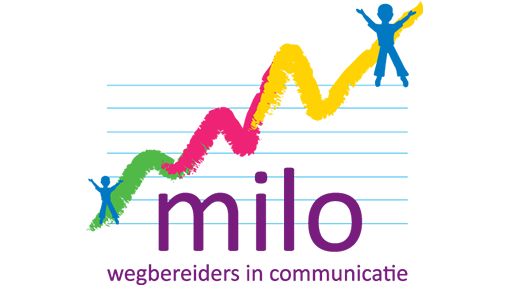
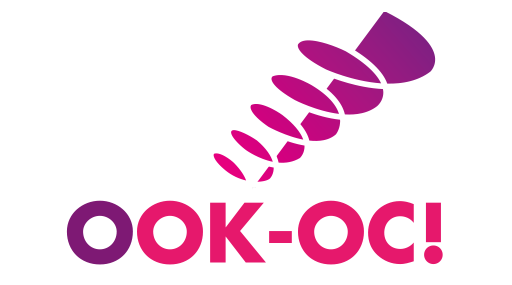

Johan is happy to tell you more

The Milo Foundation is an independent treatment center for Supported Communication (OC), specifically for children and young adults with communicative multiple disabilities. Think of not being able to speak, see, hear, feel, move – or a combination of these disabilities. Milo’s therapists help this target group (and their environment) to find together an appropriate alternative form of communication. From the use of pictograms to more high-tech solutions, such as a speech computer. No matter how complex the care request, Stichting Milo believes that communication is always possible. And if the solution does not yet exist? Then Milo and research branch OOK-OC! will make sure that the needed innovation comes along.
These studies and innovations are always practice-driven: they arise from an issue or bottleneck that practitioners encounter in their daily practice. For example, Dr. Stijn Deckers – responsible for Quality and Innovation at Milo and director of OOK-OC! – observed that practitioners currently lack a widely applicable method to map the cognitive ability of children with severe communicative disabilities. 8D was brought in to develop a solution and prototype for this. A technically challenging project with an ambition that makes us happy. After all, the more insight into cognitive abilities, the better the practitioner can ensure that the child is sufficiently challenged.
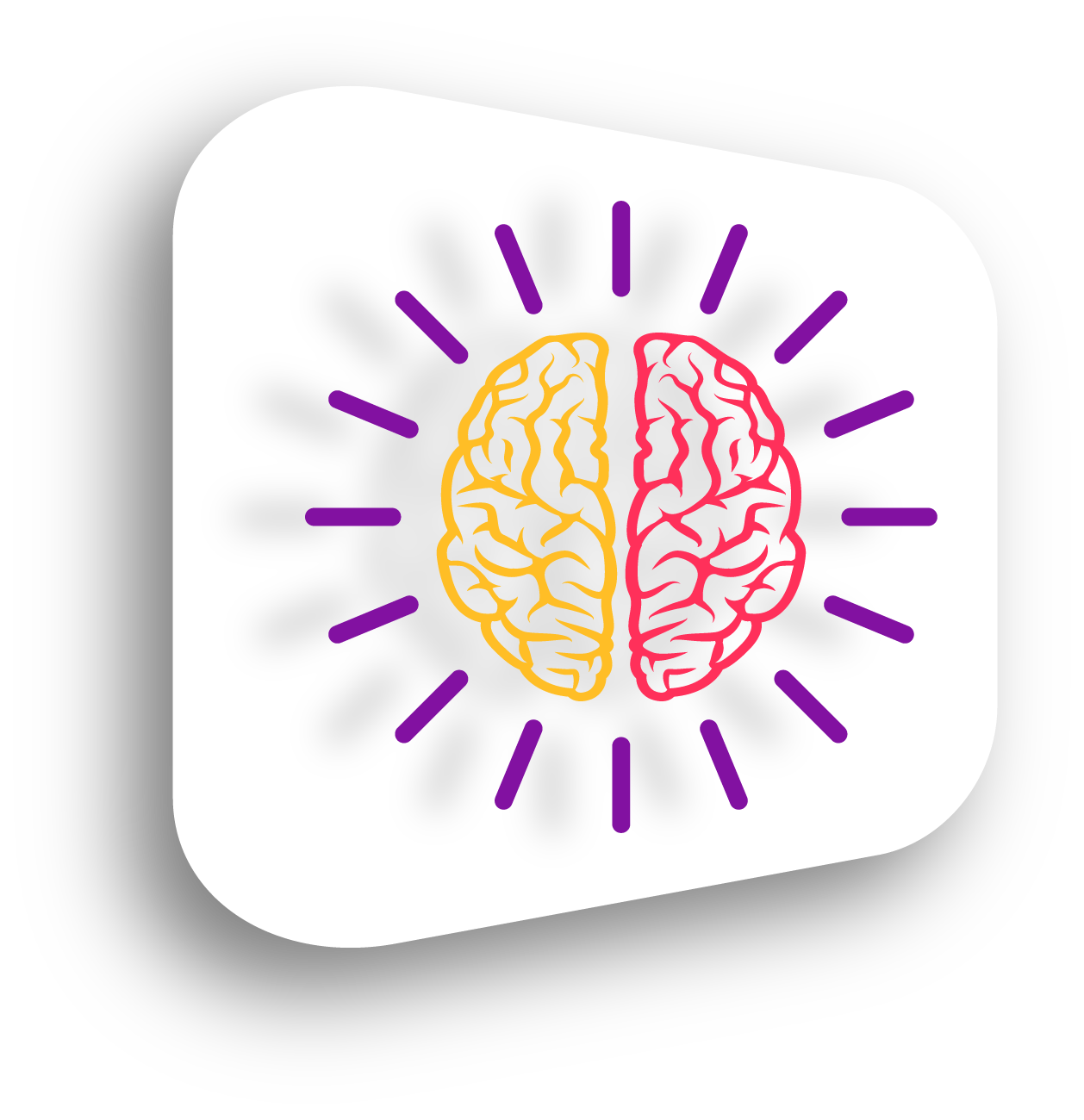 Approach
ApproachDuring co-creation sessions with experts and practitioners we mapped all content requirements. Important frameworks were: broad usability, user-friendliness and scalability. The tool had to be deployable for children with various (combinations of) communicative disabilities and – if proven effective – easily scalable. A clever piece of rethinking by our technical team resulted in a promising solution: the use of small, Bluetooth-controllable vibration motors that are often used in products such as vibrators. These motors are given different cases-think a yellow square, a blue triangle and a pink heart-and NFC stickers, so that the shapes connect to each other and to the laptop. This gives the practitioner access to several interactive “puzzle pieces. A kind of block box that lends itself to all kinds of games and tests. The vibration function also makes the puzzle pieces useful for children who cannot hear and see, but can feel with their hands.
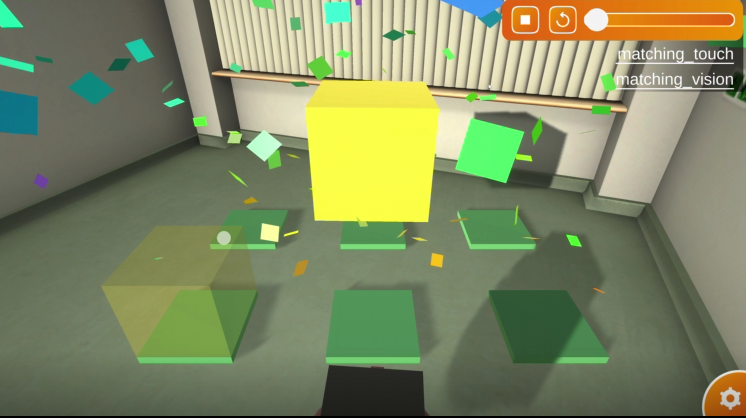
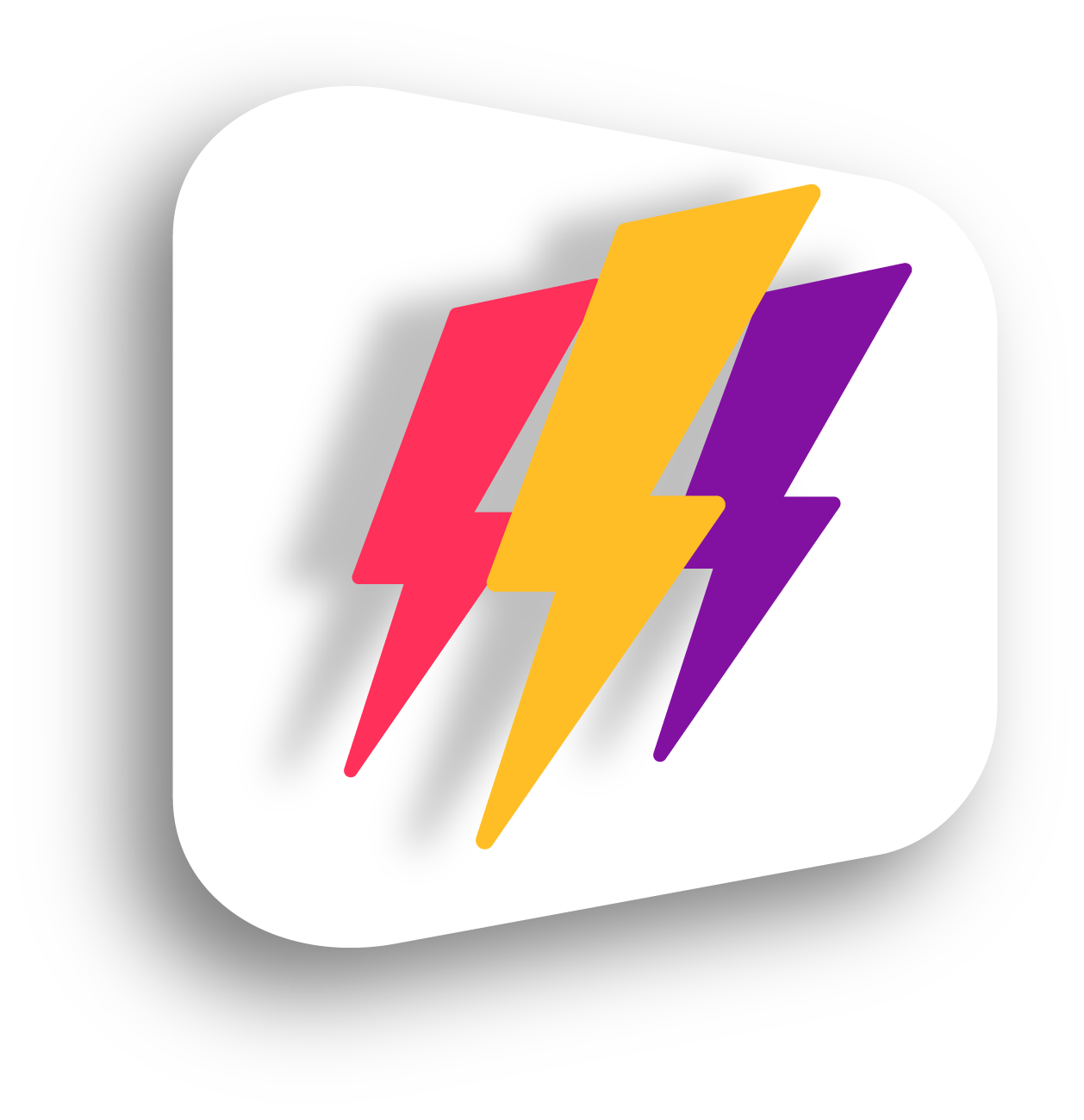 Results
ResultsThe prototype we realized is out-of-the-box in terms of hardware connected and playable in three different situations, tailored to the child’s specific abilities: ‘see only’, ‘hear only’ and ‘feel only’. Starting in mid-March, the prototype will be tested together with OC therapists from Stichting Milo.
It is emphatically not the intention to keep the knowledge gained only for one’s own organization, says Stijn Deckers, from Stichting Milo and OOK-OC! involved in the process: ‘We continue to invest in new solutions and want to share this knowledge with the entire field; ultimately, together we must raise OC care to the highest possible level.’ We are looking forward to it!

At 8D, we support researchers in integrating a design approach into their work, from project design to creative product development and process supervision. This participatory methodologies help solve complex, human-centered issues and embed research results sustainably in society.
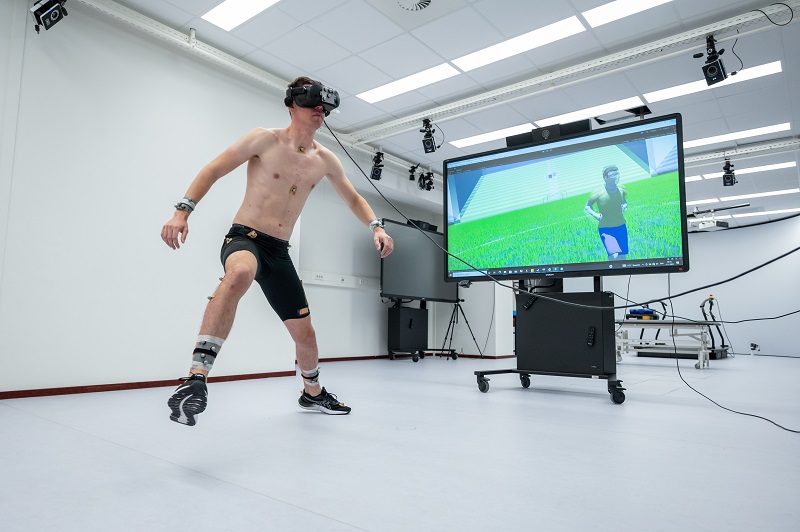
Serious Games as a Research Tool Games as a Method Serious games can contribute to scientific research in many different ways and at many different stages. Think of collecting quantitative…
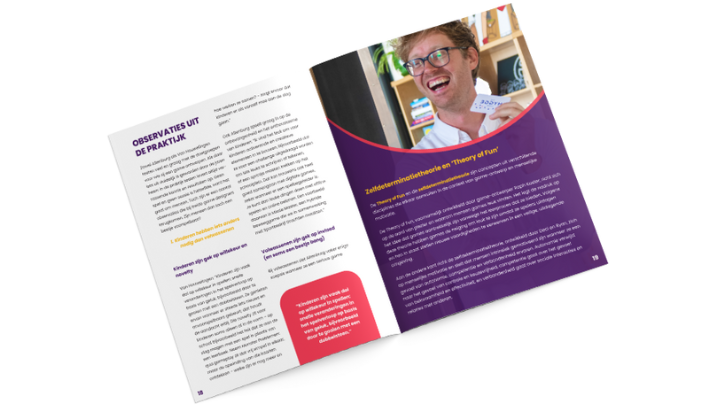
What is the relationship between serious gaming, science and psychology? And why is serious gaming really much more than a game anyway? This white paper is not about games, but about serious gaming as a scientific method for researching (social) tasks!
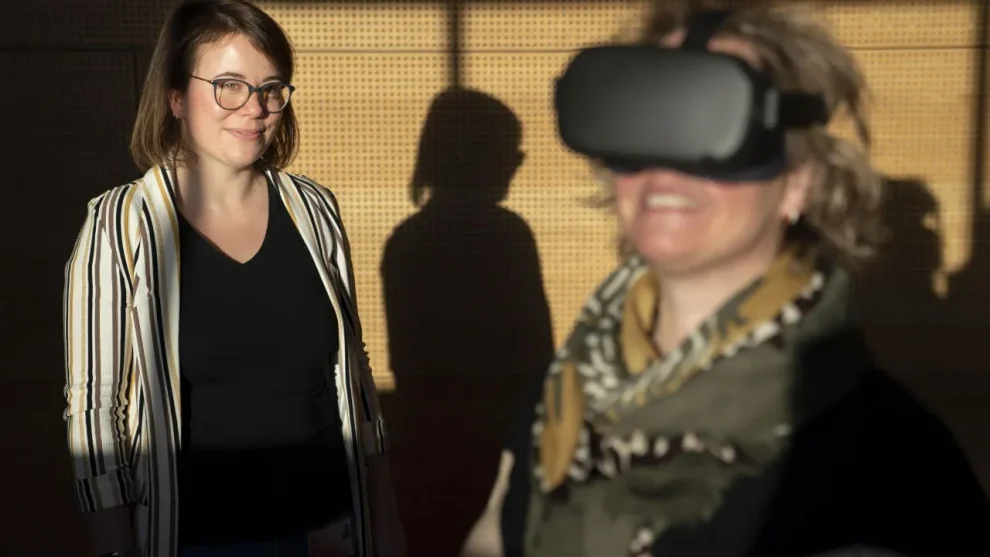
Interested in the possibilities of serious gaming in healthcare and research, and want to know more about the process of doing PhD research in this field? On July 5, 2023,…